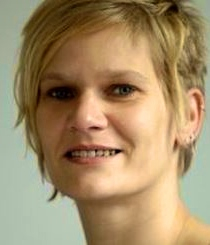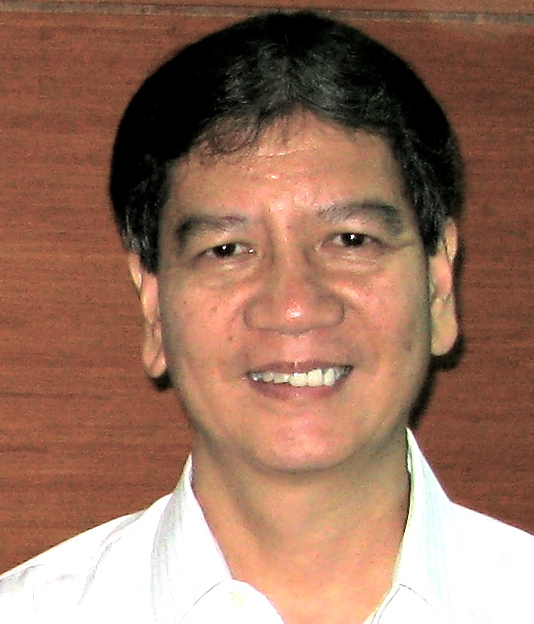These three LEALA pilots serve to demonstrate how low-cost high-value local (but internationally oriented) courses can be set up in the developing and under-developed world.
Cairo, Egypt
WFSF Fellow & Founding Member Emeritus Professor Samir Ghabbour (left) coordinated the Cairo LEALA Pilot. He worked with Cairo University and the Institute of African Research & Studies (IARS) to organize a one-day “Conference on the Future of African World Heritage” in November 2013 at the IARS Cairo University, Giza. It marked the launch of a new Masters Program on the Management of African World Heritage. This online Masters Program provides ample opportunity for capacity building in E-Learning on the African continent. Prominent speakers on African heritage argued that African (and Arab) World Heritage has recently been exposed to unprecedented factors of change and has suffered significant damage by deliberate destruction.
The conference, hosted by HE the President of Cairo University, focused on methods for preventing damage as well as conserving existing heritage. In December 2013 a follow-up workshop took place at the Egyptian National UNESCO Commission, under the auspices of HE the Deputy Prime Minister and Minister of Higher Education. Read More Here
 Lubumbashi, Democratic Republic of Congo
Lubumbashi, Democratic Republic of Congo
WFSF Executive Board Member Dr. Maya van Leemput (left) from Belgium coordinated the LEALA in Katanga Pilot. It aims to provide a high standard introduction to futures studies education in this copper-mining province of the Democratic Republic of the Congo (DRC). This pilot benefits young adults, artists, creative professionals and NGO workers based in Lubumbashi. The Katanga pilot invited participants from a North-South exchange project, entitled Maono (Swahili for vision) to participate in LEALA. Agence Future developed Maono in partnership with the Brussels-based University Centre for Development Cooperation (UCOS), with the collaboration of several Lubumbashi organisations, active in cultural and social rights.
Twelve students from Brussels and twelve from Lubumbashi work together in Lubumbashi with six artists to create a collection of futures images. The project has run from 2012 to 2014 with new participants each year (50% young women). The participants use a “Roadbook” created by Agence Future. Read More Here
 Penang, Malaysia
Penang, Malaysia
WFSF Executive Board Member Cesar Villanueva (left), Philippines coordinated the Penang LEALA Pilot hosted by “Think City”, Penang. It provided a three-day introductory futures course entitled “Transforming Cities 2030” at the end of March 2014 in Penang Malaysia. The course for 36 participants was aimed at leadership in urban development in the region. The motto is: “Using Foresight Methods to Create Alternative and Preferred Futures”. Its purpose is to familiarize participants with futures studies and to encourage anticipation and strategic foresight. Tools and techniques for envisioning the future are introduced and the links between long-term visions and present-day decisions are discussed. The idea is to empower participants to create the change
they want in the world by applying foresight to the design of cities of tomorrow. The facilitators included international futurists: Sohail Inayatullah & Mei Mei Song. The course was co-organised by The Right Livelihood College and Graduate Institute of Futures Studies, Tamkang University, Taiwan, China. See Workshop Website. Read More Here
